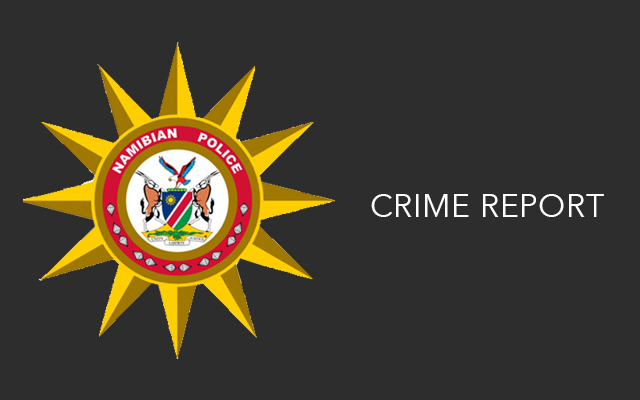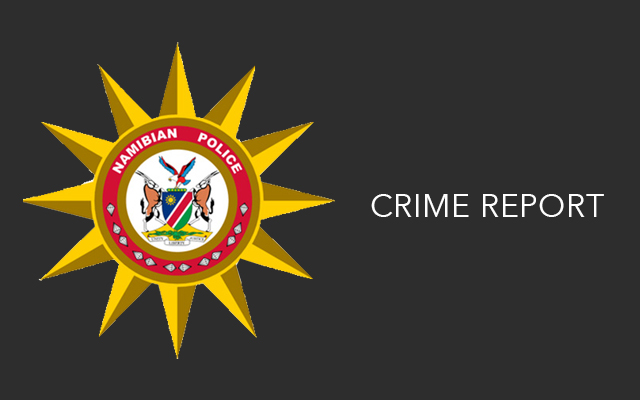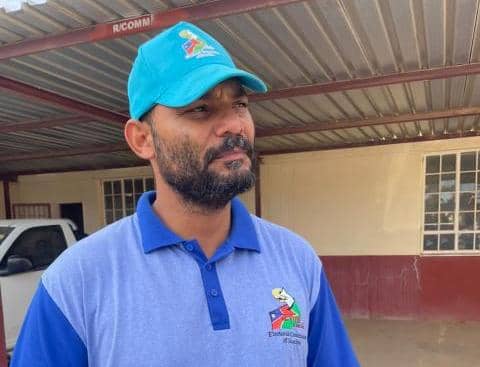The Dutch government has informed Namibia’s Minister of Fisheries and Marine Resources that it will ban all imports and trade in seal products by the end of this year.
The Dutch Minister of Agriculture, Gerda Verburg, announced this step in Parliament which will be cemented by a new law. Dr Abraham Iyambo was informed of the move in a letter dated October 5 and made available to The Namibian.”These magnificent animals are much loved by the Dutch general public.The Netherlands believes that the method used to kill them, which involves clubbing and subsequent stabbing, is not ethical from an animal welfare perspective,” Dutch Minister Verburg wrote.”Prolonged suffering of seal pups regularly occurs as a result.Surveys have shown that the vast majority of Dutch people are against the killing of seals.The Government of the Netherlands has therefore called for a ban on all imports of these species and products thereof.”She also criticised the seal ‘trophy hunting’ in Namibia offered by a tour operator.”The Netherlands is also concerned that the commercial nature of the hunt may put too much pressure on the species and its sustainability,” Verburg wrote in her letter.”Over the years quotas have increased and the hunting season has started earlier, while the size of the seal population shows a clear downward trend.”The Dutch Minister also urged Iyambo “to initiate discussions with the relevant fisheries bodies in order to take appropriate measures aimed at more humane killing methods, and to ensure a sustainable future for the Cape Fur seals in your country.”Meanwhile, an authority of the European Union (EU) will decide over the next few weeks on more humane methods to kill and skin seals and if viewed negatively, this might entail a ban on culling them.Canada and Namibia are the only two countries killing and “harvesting” seals.Baby seals in Namibia are clubbed to death, while bulls are shot in the head.The European Commission (EC) has asked the European Food Safety Authority (Efsa) for a scientific opinion on the animal welfare aspects of methods for killing and skinning seals currently in use in member states of the European Union (EU) and non-EU countries.Efsa is based in Parma, Italy and has been asked to also assess the most appropriate killing methods for seals that will avoid or reduce any unnecessary pain, distress and suffering.In its opinion, Efsa’s panel on Animal Health and Welfare (AHAW) reviewed and evaluated all the methods from a scientific point of view and prepared a draft opinion for consultation held last week.The document is not yet ready for public scrutiny and will be adopted in December.Efsa said on its website the opinion on seals covers the scientific aspects related to the humane killing and skinning of seals, and will measure, as far as is scientifically possible, the degree of pain, distress and suffering that may be caused by each method.The EU body collects data on methods currently applied in killing seals and considered all data sources including animal welfare organisations, governmental and private bodies in the EU and countries outside the EU.The US and Mexico has maintained their ban on Cape fur seal imports, as Belgium and Germany did recently.Dr Abraham Iyambo was informed of the move in a letter dated October 5 and made available to The Namibian.”These magnificent animals are much loved by the Dutch general public.The Netherlands believes that the method used to kill them, which involves clubbing and subsequent stabbing, is not ethical from an animal welfare perspective,” Dutch Minister Verburg wrote.”Prolonged suffering of seal pups regularly occurs as a result.Surveys have shown that the vast majority of Dutch people are against the killing of seals.The Government of the Netherlands has therefore called for a ban on all imports of these species and products thereof.”She also criticised the seal ‘trophy hunting’ in Namibia offered by a tour operator.”The Netherlands is also concerned that the commercial nature of the hunt may put too much pressure on the species and its sustainability,” Verburg wrote in her letter.”Over the years quotas have increased and the hunting season has started earlier, while the size of the seal population shows a clear downward trend.”The Dutch Minister also urged Iyambo “to initiate discussions with the relevant fisheries bodies in order to take appropriate measures aimed at more humane killing methods, and to ensure a sustainable future for the Cape Fur seals in your country.”Meanwhile, an authority of the European Union (EU) will decide over the next few weeks on more humane methods to kill and skin seals and if viewed negatively, this might entail a ban on culling them.Canada and Namibia are the only two countries killing and “harvesting” seals. Baby seals in Namibia are clubbed to death, while bulls are shot in the head. The European Commission (EC) has asked the European Food Safety Authority (Efsa) for a scientific opinion on the animal welfare aspects of methods for killing and skinning seals currently in use in member states of the European Union (EU) and non-EU countries.Efsa is based in Parma, Italy and has been asked to also assess the most appropriate killing methods for seals that will avoid or reduce any unnecessary pain, distress and suffering.In its opinion, Efsa’s panel on Animal Health and Welfare (AHAW) reviewed and evaluated all the methods from a scientific point of view and prepared a draft opinion for consultation held last week.The document is not yet ready for public scrutiny and will be adopted in December.Efsa said on its website the opinion on seals covers the scientific aspects related to the humane killing and skinning of seals, and will measure, as far as is scientifically possible, the degree of pain, distress and suffering that may be caused by each method.The EU body collects data on methods currently applied in killing seals and considered all data sources including animal welfare organisations, governmental and private bodies in the EU and countries outside the EU.The US and Mexico has maintained their ban on Cape fur seal imports, as Belgium and Germany did recently.
Stay informed with The Namibian – your source for credible journalism. Get in-depth reporting and opinions for
only N$85 a month. Invest in journalism, invest in democracy –
Subscribe Now!










